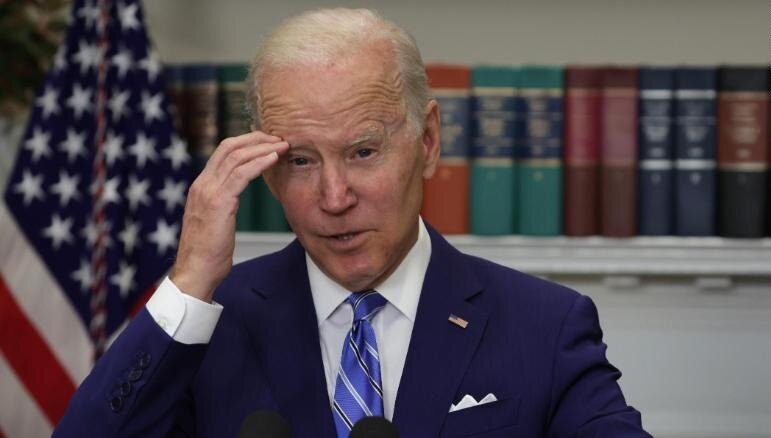Will Biden be trapped by Iran hawks?

TEHRAN – In a blow to the Biden administration’s stated goal of returning to the 2015 Iran nuclear deal, the U.S. Senate approved two motions drafted by Republican senators who vehemently oppose diplomacy with Iran.
On Thursday, the Senate approved two so-called Motions to Instruct Conferees put forward by Senator James Lankford (R-OK) and Senator Ted Cruz (R-Texas).
The Lankford motion centers around a demand long sought by Iran hawks in Washington which is to urge the Biden administration to include non-nuclear issues such as Iran’s influence in the West Asia region and its ballistic missiles in any possible nuclear deal with Tehran. The motion also calls on the Biden administration to refrain from revoking the designation of the Islamic Revolution Guards Corps (IRGC) as a Foreign Terrorist Organization (FTO).
The Cruz motion highlighted the need to maintain the “necessary Iran terrorism sanctions” which have been at the heart of the demands pushed by Iran hawks ever since the talks in Vienna over reviving the 2015 nuclear deal, officially known as the Joint Comprehensive Plan of Action (JCPOA), began in April of last year.
It called for keeping the sanctions imposed under terrorism-related authorities on the Central Bank of Iran the continuation of which will almost certainly impede the revival of the JCPOA.
The motions included a weird language concerning Iran-China cooperation. The Cruz motions called on the U.S. government to limit “diplomatic, energy, infrastructure, banking, financial, military, and space cooperation” between Iran and China “through terrorism-related sanctions imposed on the Central Bank of Iran and the Islamic Revolutionary Guard Corps.”
The motions are not binding to the Biden administration and they are unlikely to have a determining effect on the trajectory of talks in Vienna. But they do send a symbolic message that, at present, only benefits the opponents of the JCPOA in the U.S. and the region. The hardliners in Washington want to send a message to the Biden administration that its efforts to return to the JCPOA not only lack Republican support but also will be opposed by fellow Democrats in Congress. This may be the reason why the word “bipartisan” was magnified more than the content of the motions.
Ted Cruz said after the vote, “Today’s vote represents an overwhelming and bipartisan rebuke of the administration’s policies that are ignoring and weakening sanctions against Iran. The Senate made absolutely clear that it will reject any attempt to dismantle terrorism sanctions on the CBI and the IRGC.”
Senator Lankford made clear that the aim of his motion is to prevent a deal in Vienna. “The Senate sent a clear message tonight that we do not want the United States to make a nuclear deal with Iran that ignores their past behavior and their present intentions,” he said on Twitter after the vote.
Apart from the bickering in Washinton over Iran policy, the motions seem to be designed to send a message to Iran itself that signing a deal with an administration lacking bipartisan support in its Iran policy is not worth the effort as the deal will be jettisoned when a Republican president returns to the White House which remains likely given the low approval ratings of Biden.
Of note, in the last round of talks, Iran demanded that the Biden administration delist the IRGC among other things. The U.S. refused the demand and the talks ground to a halt. The Biden administration did nothing to break the deadlock and kept kicking the can down the road. Biden officials even spoke of their readiness for a scenario where the talks fail, which seems to be an effort to propitiate the hawks. But the Biden administration could soon realize that it was trapped by self-imposed limits that would render the JCPOA a thing of the past. Therefore, Biden should make up his mind regarding the Vienna talks and show the courage of making the political decisions needed to get the tattered nuclear deal back on track.
Leave a Comment